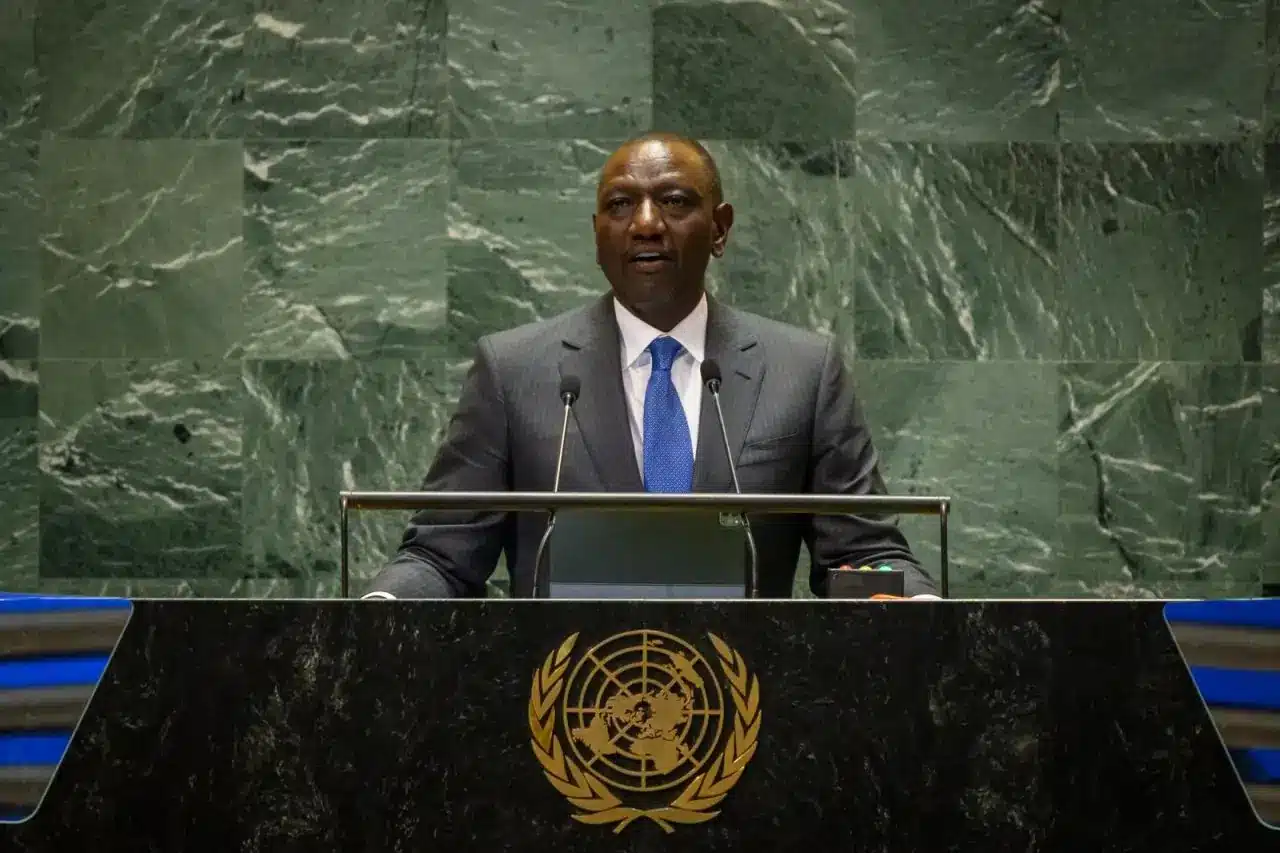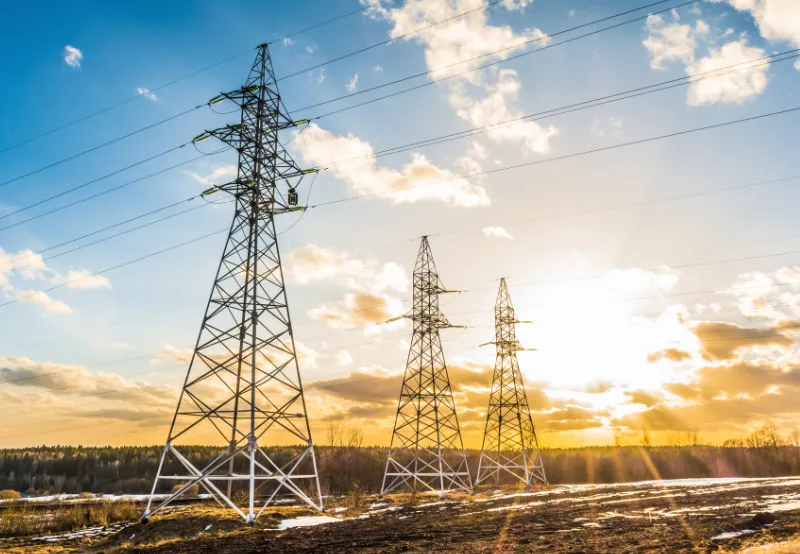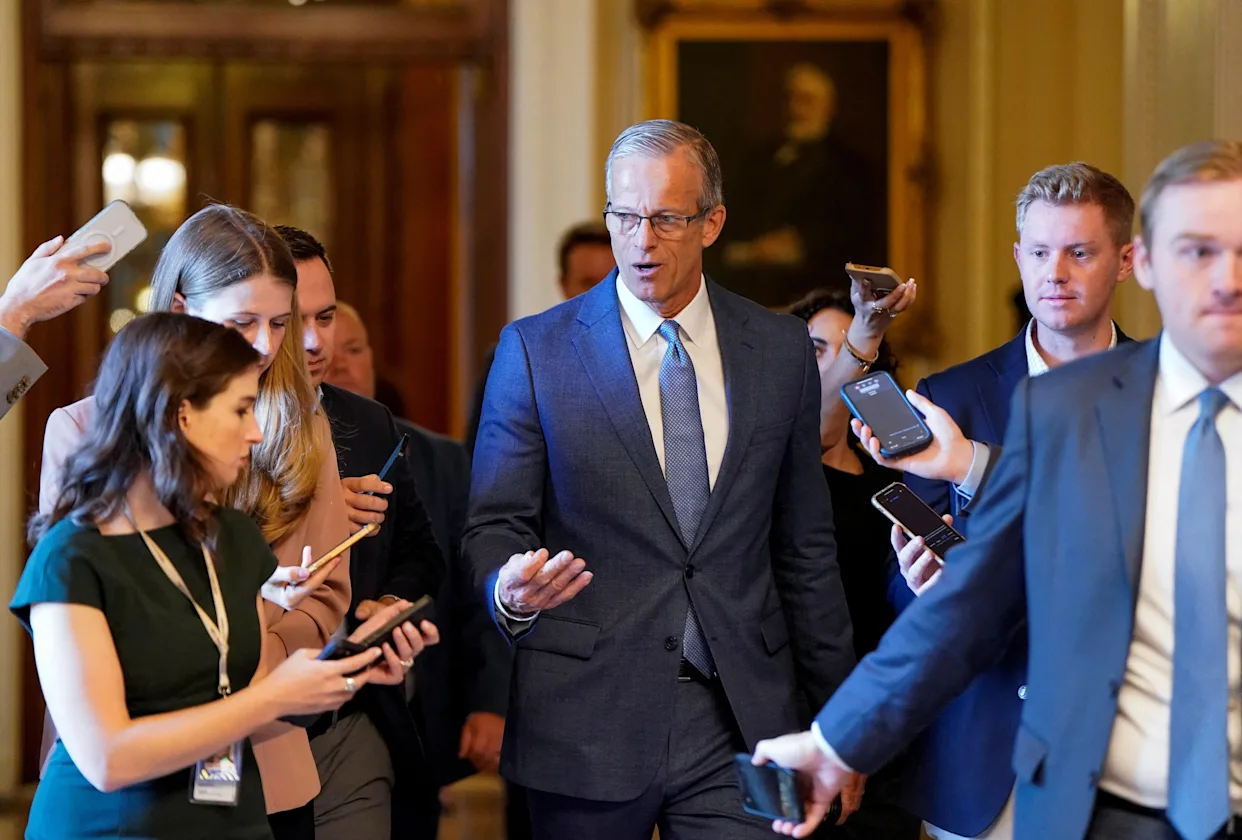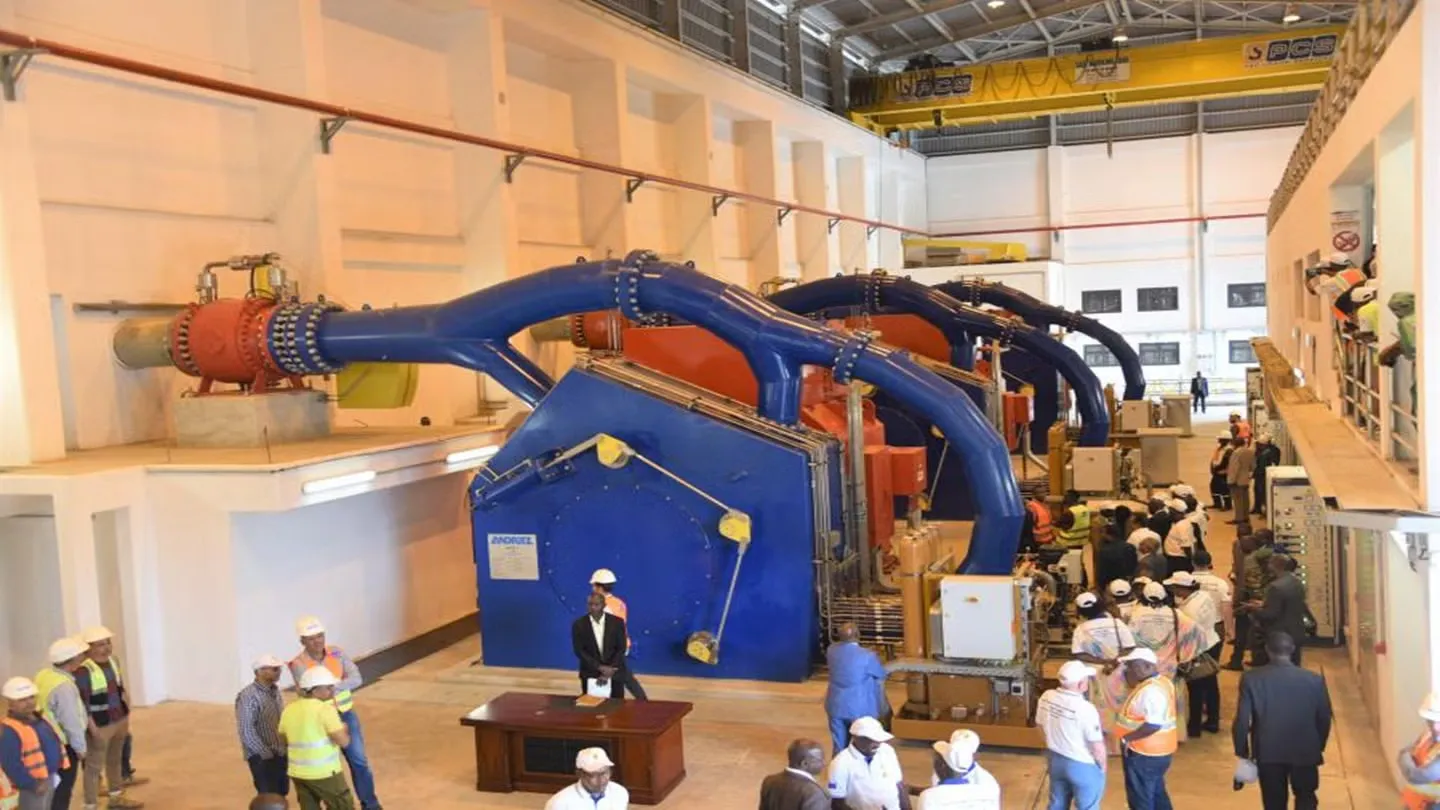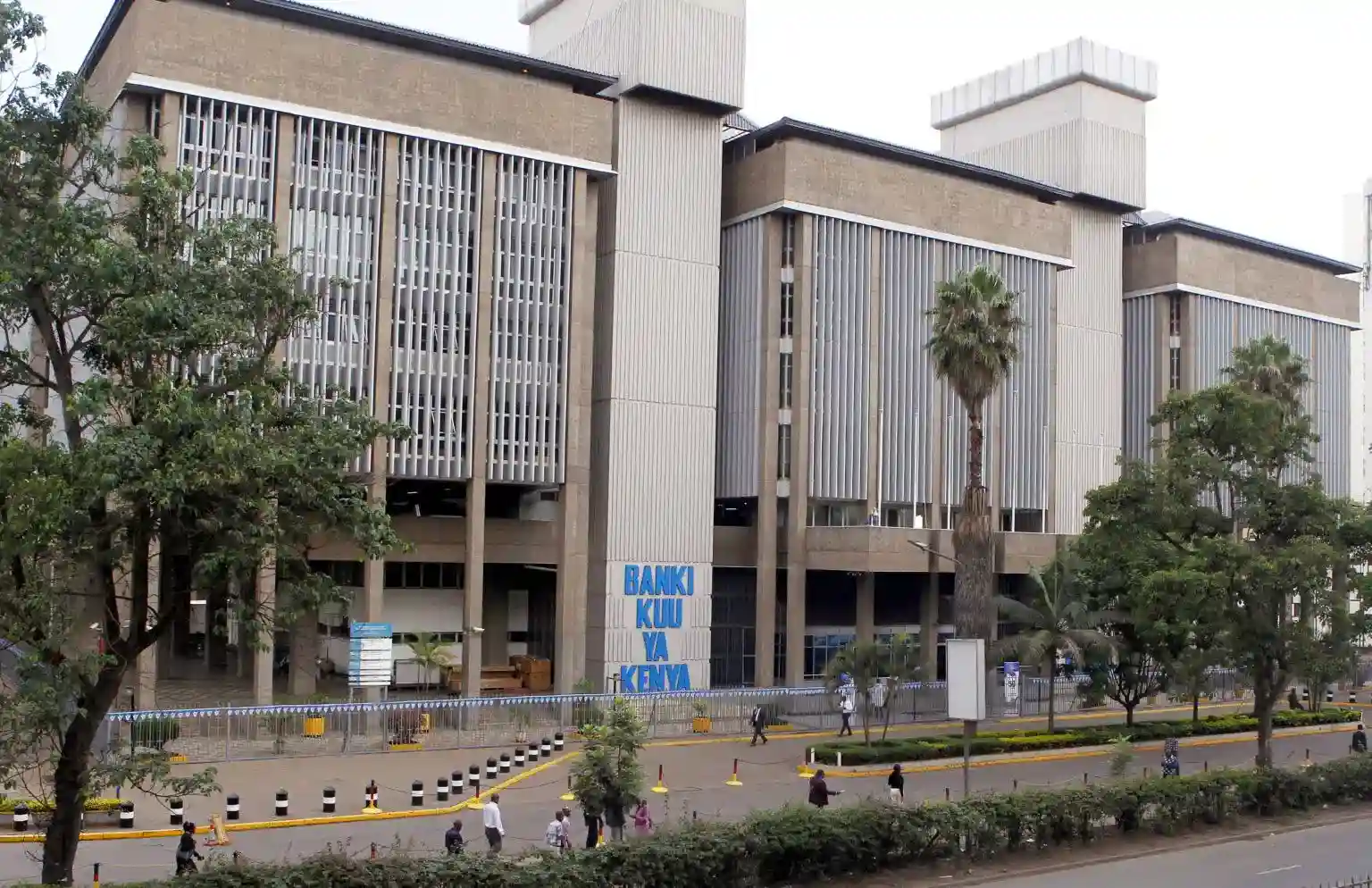Kenyan President William Ruto issued a strong call for comprehensive reforms in global governance and financial systems during his address at the Summit of the Future’s Interactive Dialogue at the United Nations General Assembly in New York on September 22, 2024. Ruto emphasized that these reforms are essential to prevent an impending crisis that threatens to derail progress on the Sustainable Development Goals (SDGs) and perpetuate global inequalities.
Ruto’s appeal comes at a critical juncture, as countries around the world grapple with the impacts of economic shocks, climate change, and rising debt levels. These factors have converged to create what Ruto described as “an unsustainable global order,” in which developing countries, particularly those in Africa, remain the most vulnerable to systemic financial failures.
A Call for Radical Change
In his speech, Ruto warned of a looming sustainable development crisis, stating, “The global economy is facing multiple shocks that threaten to undo the progress made towards the Sustainable Development Goals.” He stressed that while all nations are affected by these disruptions, developing countries bear the brunt of the impact. Ruto highlighted the 2024 Inter-Agency Task Force on Financing for Development report, which underscores the urgent need for systemic reforms to address these challenges.
The Kenyan President focused on the need to realign global financing mechanisms to ensure that the 2030 Agenda for Sustainable Development remains within reach. He noted that time is running out for the international community to take bold and decisive action. “The upcoming 4th International Conference on Financing for Development may be the final chance for the world to make the radical changes necessary to realign development paths in order to meet the SDGs by 2030,” Ruto warned.
Reforming the Global Financial Architecture
At the heart of Ruto’s call for reform was a sharp critique of the current multilateral financial system. Describing it as “dysfunctional” and “increasingly ineffective,” he argued that the system is ill-suited to address the unique challenges faced by developing nations, which are disproportionately affected by rising debt, limited fiscal capacity, and uneven access to credit. According to Ruto, one in three developing countries is at risk of defaulting on their debt obligations.
He attributed this situation to a flawed global financial architecture that exacerbates existing inequalities. “The current system fosters a form of development apartheid,” Ruto said, pointing to unfair credit rating systems and uneven interest rates that disadvantage low-income countries. He called for immediate reforms to these systems, which he said would help close the growing gap between developed and developing nations.
This critique resonates with many other world leaders and financial experts, who have long argued that the Bretton Woods institutions—the International Monetary Fund (IMF) and the World Bank—need to be reformed to better serve the needs of developing countries. These institutions were established in the aftermath of World War II and have been criticized for maintaining structures that favor the economic interests of Western nations.
Ruto’s call for a more equitable system is part of a broader push among leaders from the Global South, who have been advocating for a more inclusive global economic order. This includes ensuring that developing countries have a greater voice in international financial decision-making processes, particularly at forums like the United Nations, the IMF, and the World Bank.
Bridging the Sustainable Development Divide
Ruto’s address at the UN General Assembly was also marked by his criticism of the fading momentum behind the Addis Ababa Action Agenda. This framework, adopted in 2015, was meant to provide a blueprint for financing sustainable development but has seen little progress, especially in the face of mounting global challenges. According to Ruto, only 15% of the SDGs are currently on track to be achieved by 2030, with the remaining goals falling further behind due to a lack of adequate financing.
Without urgent reforms, the Kenyan President warned that the growing finance gap would create a stark “sustainable development divide,” consigning millions of people to chronic poverty and vulnerability. “This divide is not just a failure of financial systems but a failure of global governance,” he said, emphasizing the need for coordinated international action to bridge this divide.
Ruto’s concerns are echoed by many development experts who argue that the lack of progress on the SDGs is due in large part to insufficient funding. The financing gap for the SDGs is estimated to be in the trillions of dollars, with developing countries facing the greatest shortfalls. The COVID-19 pandemic exacerbated this situation, as governments were forced to divert resources to immediate health and economic recovery efforts, leaving less funding available for long-term development goals.
Support for the UN’s SDG Stimulus Package
In a move that underscores Kenya’s commitment to the SDGs, Ruto voiced strong support for United Nations Secretary-General António Guterres’ call for a USD 500 billion SDG Stimulus package. This initiative, proposed in early 2024, aims to secure long-term financing for sustainable development and undertake comprehensive reforms of the international financial architecture.
Ruto argued that such a stimulus package is not only necessary but urgent, given the increasing challenges to sustainable development. He highlighted the importance of innovative financial instruments and home-grown solutions for developing nations to meet their most pressing challenges, such as climate change, poverty, and inequality.
He also emphasized the importance of restoring trust in multilateralism, which has been undermined in recent years by rising geopolitical tensions and protectionist policies. “Multilateral institutions must be reformed to meet the needs of the 21st century,” Ruto said, urging world leaders to work together to rebuild trust and foster cooperation in addressing global challenges.
Kenya’s Bottom-Up Economic Transformation Agenda
In his speech, Ruto also used the opportunity to showcase Kenya’s own efforts to promote sustainable development through its Bottom-Up Economic Transformation Agenda. This initiative, which was launched by his administration, focuses on inclusivity for marginalized groups, particularly youth and women, as a means of driving economic growth and reducing inequality.
Ruto pointed out that inclusive development must remain central to global efforts to achieve the SDGs. “We cannot achieve sustainable development if we leave behind the most vulnerable members of our societies,” he said, emphasizing the need for targeted interventions to support those who have been historically marginalized.
Kenya’s Bottom-Up Economic Transformation Agenda aligns with global efforts to promote inclusive growth and sustainable development. By focusing on policies that empower marginalized groups, the country aims to create a more equitable and resilient economy that can withstand future shocks.
Conclusion: A Call to Action
As the world inches closer to the 2030 deadline for the SDGs, Ruto’s message at the UN General Assembly served as a stark reminder of the urgent need for reforms in global governance and financial systems. His call for radical change reflects the growing frustration among leaders of developing countries who feel that the current international order is not delivering on its promises.
Ruto’s speech also underscored the importance of collective action in addressing global challenges. Whether it is reforming multilateral institutions, closing financing gaps, or promoting inclusive development, the Kenyan President made it clear that the time for action is now. “We cannot afford to wait any longer,” he warned. “The future of sustainable development—and indeed, the future of our planet—depends on the choices we make today.”
photo source: Google
By: Montel Kamau
Serrari Financial Analyst
23rd September, 2024
Article, Financial and News Disclaimer
The Value of a Financial Advisor
While this article offers valuable insights, it is essential to recognize that personal finance can be highly complex and unique to each individual. A financial advisor provides professional expertise and personalized guidance to help you make well-informed decisions tailored to your specific circumstances and goals.
Beyond offering knowledge, a financial advisor serves as a trusted partner to help you stay disciplined, avoid common pitfalls, and remain focused on your long-term objectives. Their perspective and experience can complement your own efforts, enhancing your financial well-being and ensuring a more confident approach to managing your finances.
Disclaimer: This article is for informational purposes only and does not constitute financial advice. Readers are encouraged to consult a licensed financial advisor to obtain guidance specific to their financial situation.
Article and News Disclaimer
The information provided on www.serrarigroup.com is for general informational purposes only. While we strive to keep the information up to date and accurate, we make no representations or warranties of any kind, express or implied, about the completeness, accuracy, reliability, suitability, or availability with respect to the website or the information, products, services, or related graphics contained on the website for any purpose. Any reliance you place on such information is therefore strictly at your own risk.
www.serrarigroup.com is not responsible for any errors or omissions, or for the results obtained from the use of this information. All information on the website is provided on an as-is basis, with no guarantee of completeness, accuracy, timeliness, or of the results obtained from the use of this information, and without warranty of any kind, express or implied, including but not limited to warranties of performance, merchantability, and fitness for a particular purpose.
In no event will www.serrarigroup.com be liable to you or anyone else for any decision made or action taken in reliance on the information provided on the website or for any consequential, special, or similar damages, even if advised of the possibility of such damages.
The articles, news, and information presented on www.serrarigroup.com reflect the opinions of the respective authors and contributors and do not necessarily represent the views of the website or its management. Any views or opinions expressed are solely those of the individual authors and do not represent the website's views or opinions as a whole.
The content on www.serrarigroup.com may include links to external websites, which are provided for convenience and informational purposes only. We have no control over the nature, content, and availability of those sites. The inclusion of any links does not necessarily imply a recommendation or endorsement of the views expressed within them.
Every effort is made to keep the website up and running smoothly. However, www.serrarigroup.com takes no responsibility for, and will not be liable for, the website being temporarily unavailable due to technical issues beyond our control.
Please note that laws, regulations, and information can change rapidly, and we advise you to conduct further research and seek professional advice when necessary.
By using www.serrarigroup.com, you agree to this disclaimer and its terms. If you do not agree with this disclaimer, please do not use the website.
www.serrarigroup.com, reserves the right to update, modify, or remove any part of this disclaimer without prior notice. It is your responsibility to review this disclaimer periodically for changes.
Serrari Group 2025

